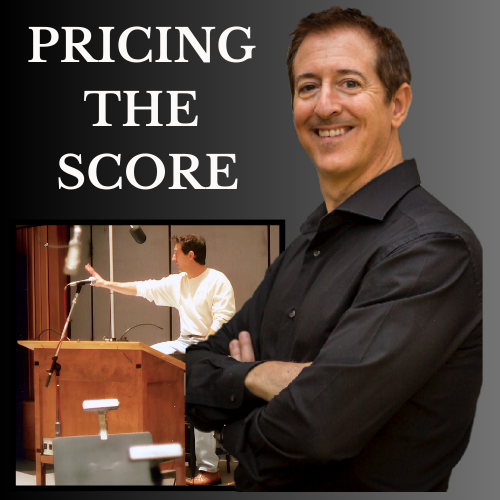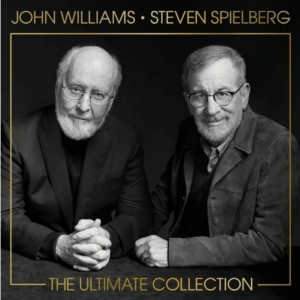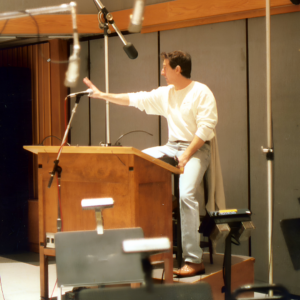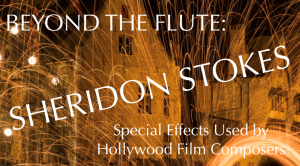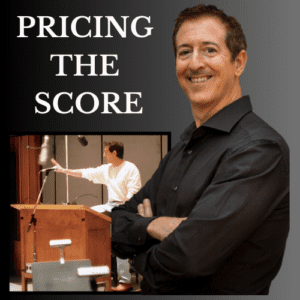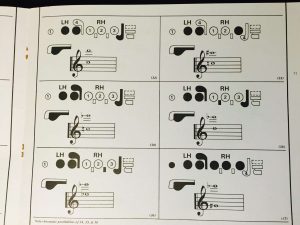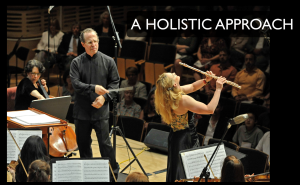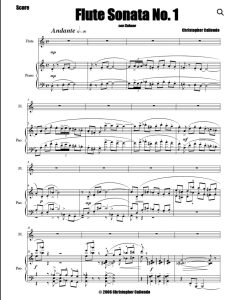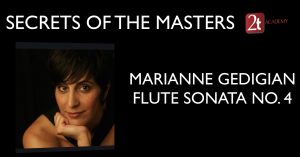Decoding Composer Fees: How Musicians Set Prices for Filmmakers
Composers use various methods to charge filmmakers composing fees for their creative talent. In the realm of film production, every aspect comes with its price tag and perceived value. The key lies in making the experience of collaborating with you truly invaluable, thereby unlocking the potential to exponentially increase your worth in the eyes of filmmakers.
When it comes to composing fee rates, composers generally use the following methods.
A Budget-Based Approach to Composing Fees:
This method, often favored by composers, involves straightforwardly asking about the project’s budget. By aligning your pricing with the available resources, you initiate productive discussions with the director from the onset. This approach not only mitigates the risk of undervaluing your work but also avoids the possibility of intimidating filmmakers with exorbitant charges. Moreover, it empowers you to tailor your creative solutions to fit within their financial constraints, thereby nurturing a collaborative environment grounded in shared objectives.
By demonstrating flexibility and adaptability in accommodating their budgetary limitations, composers position themselves as a valuable ally in their artistic journey.
If the filmmakers are unsure about their budget, which is common among inexperienced practitioners, alternative methods may be necessary, such as the following.
Set Rate Composing Fees Approach:
While less prevalent in contemporary practice, this approach involves charging a percentage of the overall project budget, typically ranging between 5% and 10%. For instance, if the project budget amounts to $200,000, the music budget would fall within the $10,000 to $20,000 range. However, it’s important to note that these figures are subject to debate and negotiation and may vary depending on the specifics of the project. This is commonly called budget-based pricing.
Percentage-Based Composing Fees Model
This method entails establishing a fixed rate, either on an hourly basis or per minute of music composed. Be aware it may encounter resistance from filmmakers who perceive it as rigid or arbitrary. It’s essential to accurately assess your workflow and determine the time required for different types of compositions.
Ultimately, the key to successful pricing strategies lies in striking a balance between the composer’s creative worth and financial considerations.
Other composing fees considerations are:
- Royalties of Backend Points
- The composer may negotiate for a percentage of the film’s profits or backend royalties. It depends on the negotiation and the success of the film. For more information about music royalties please visit:MUSIC ROYALTIES EXPLAINED
2. Licensing Fees
- Composers can charge fees for the licensing of their music in the film. Common in both independent and commercial projects. The composer is not giving their music away to the filmmaker entirely. They are licensing it to them. The composer still retains the rights to the music and royalties. To learn more about music licensing, please click here: BMI: LEARN ABOUT LICENSING
3. Composer Agreements
- The composer may charge more if the filmmaker requires exclusivity, preventing the use of the music in other projects. To download a music composing agreement, please visit Rocket Lawyer here:DOWNLOAD COMPOSER AGREEMENT
Want to learn more? Subscribe to our newsletter for more topics, tips, and updates.
Explore more insights by checking out our related articles regarding the composer/filmmaker relationship.
Share your opinion! Leave a comment below!
Christopher Caliendo is an Emmy-nominated TV composer, twice winner of the Heritage Award, the first composer in Hollywood history to re-score a major motion picture film for SONY Pictures, winner of the Henry Mancini Award for Film Scoring, and has had his music for film performed the LA Phil at the Hollywood Bowl alongside John Williams, James Horner, Jerry Goldsmith and Rogers and Hammerstein. Lauded for his “excellent orchestra scores…” David Kehr NY Times. Christopher embraces diverse styles from classical to electronic to world pop whose music “signals the next generation of Hollywood music.”

